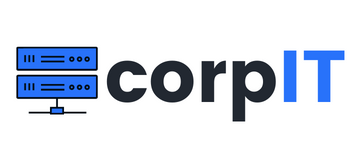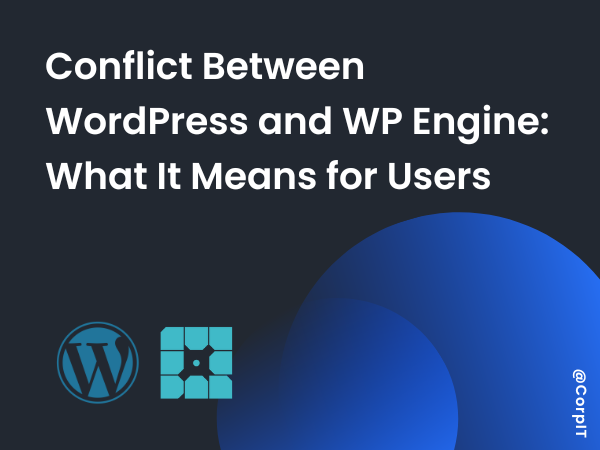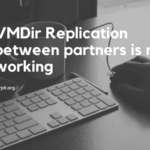The ongoing battle between WordPress and WP Engine has reached a critical point, with WordPress officially banning WP Engine, a move that could have significant consequences for users and the broader WordPress community.
Table of Contents
The Origins of the Dispute
The conflict began when Matt Mullenweg, WordPress co-founder and CEO of Automattic, openly criticized WP Engine. He described the company as a “cancer to WordPress” and accused it of disabling crucial features, such as post revision history, which he argued compromises user data protection. Mullenweg also claimed that despite WP Engine’s large revenues, the company does not contribute enough to the WordPress community .
In retaliation, WP Engine sent a cease-and-desist letter to Mullenweg and Automattic, accusing him of defamation and threatening legal action if his comments continued. Automattic responded with its own legal threats, accusing WP Engine of violating WordPress trademark policies .
The Ban on WP Engine
On September 25, 2024, Mullenweg announced that WP Engine would be banned from accessing resources on WordPress.org. This decision means that WP Engine users can no longer install plugins or update themes directly from their WordPress admin dashboards, raising concerns about security risks for websites hosted by WP Engine .
Mullenweg defended the ban, arguing that WP Engine’s attempts to control user experiences and its lack of support for the open-source community justified the decision. He added that WP Engine could still function as an independent platform but would need to do so without free access to WordPress resources .
Mixed Reactions from the Community
The WordPress community has been divided in its response. Some developers and users are concerned that this could set a dangerous precedent for how commercial companies interact with open-source projects. There’s growing worry that similar bans could be imposed on other service providers or developers in the future .
WP Engine criticized the decision, arguing that Mullenweg’s actions disrupt their services and harm users who rely on their tools. The company believes that this move goes against the open-source collaboration ethos on which WordPress is built .
Trademark Controversy
A key issue in the conflict is trademark usage. The WordPress Foundation recently updated its trademark policies, making it clear that while “WP” is not trademarked, using it in a way that confuses users—such as implying a direct connection to WordPress—is not allowed. This has brought WP Engine’s branding and how they present their services under scrutiny .
What’s Next?
The situation is still developing, with both sides preparing for possible legal battles over trademarks and operational issues. The outcome could reshape the relationship between WordPress and other hosting providers, as well as how these companies engage with open-source projects in the future. In the meantime, WP Engine users are caught in the middle, facing potential disruptions to their access to essential updates and features due to this growing conflict.









